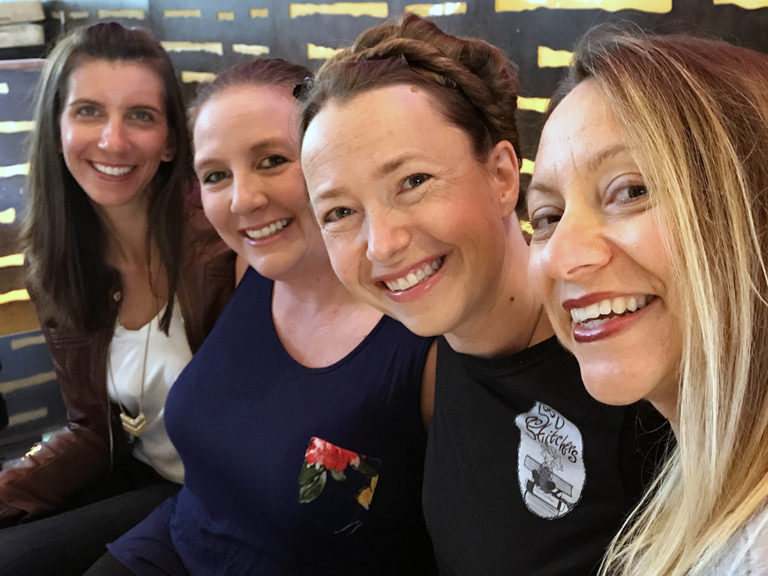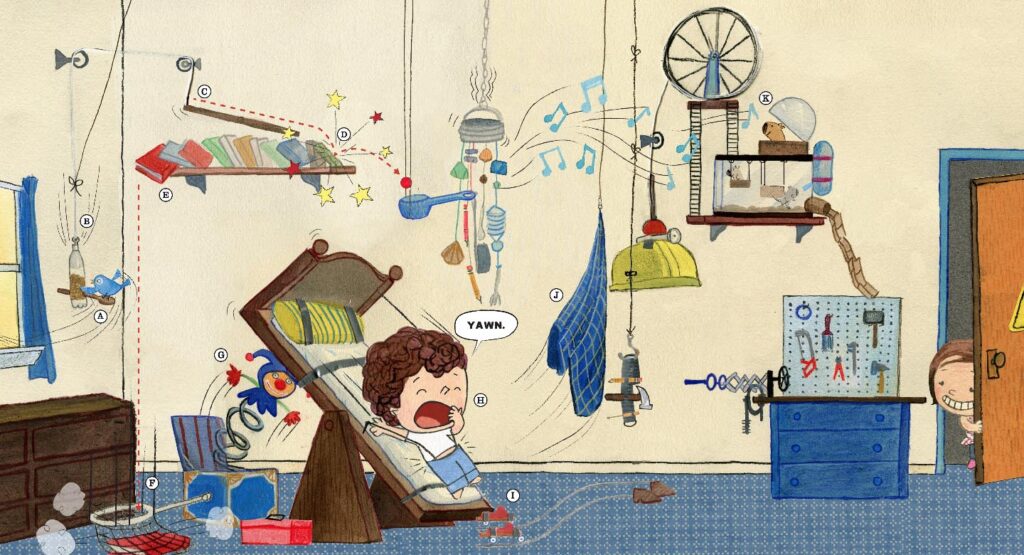Five Tips for Critique Groups
- by Myrna Foster
- published

I'm currently placing Storyteller Academy students in critique groups. Some of them have never been in a critique group, so they have been asking me for advice on how to make their critique groups work. I've compiled a list of five things that will help keep your critique group running smoothly.
1. Show up.
This is the most important thing that you can do. Yes, you want to have work finished and ready to share when you meet. But even if you didn't finish something to share, you show up to help your critique partners with their projects.
2. Build Relationships on Trust
Get to know each other. You probably want to spend some time introducing yourselves (and asking each other questions) the first time that you meet. Be honest with each other in a constructive way . . . both about your work and about the way that you run your critique group. If something isn't working, then make sure you say something. As long as you are giving specific, constructive feedback, don't hold back out of fear that you'll hurt feelings. That's the whole point of having a critique group.
On the flip side, when someone offers you critique, assume the other person is trying to help. Remember that we're all a little awkward sometimes without meaning to be.
Have each other's back. Nobody likes to find out that someone she trusted has been criticizing her behind her back. You're a team. Help each other rise. If you can support a critique partner's books or art, then do. I order my critique partners' books at my library, buy them to give as presents, and review them on Amazon. (I had an epiphany at a conference in 2017 when I was bragging to someone I'd just met about how awesome my new critique partner was–that she'd illustrated over 20 children's books–and when he asked me about her books, I had to admit that I hadn't read any of them yet.) The last conference I went to, I gave both of the editors (and the conference organizers) cards that one of my critique partners sells on Etsy. They weren't necessarily “Thank You” cards, but they were so lovely that one of the organizers said she was framing hers for her daughter's room. One of my other critique partners is my lifeline if I'm having anxiety over an opportunity or feeling crushed by a rejection. You can find ways to support your team, even without money.
Last August, I got to meet some members of our Story Stitchers critique group at the annual SCBWI conference in Los Angeles. It was seriously fun to meet a Storyteller Academy critique group and hear about how much having their critique partners has helped them. These women have even put together their own retreat and matching t-shirts.

3. Give Equal Time and Consideration
This might seem obvious, but it's important to give everyone their fair share of time to speak and time to listen to critique. It doesn't need to be exactly equal, but everyone should feel their critique is valued, and that their stories are getting their fair share of critique.
You might need to use a timer. In fact, if you're a new group, I recommend using a timer. My current group doesn't use one, but we've been meeting for three years.
4. Listen
You can learn a lot by listening to critique, even if you don't agree with it. Don't waste your critique group's precious time (or make your critique partners cautious about giving you critique) by arguing. Just listen, take notes, and thank them. Even if you disagree, those notes might help you figure something out later on.
5. Give the Best Critiques That You Can
Raise your hand if you've ever gotten a critique from someone you're pretty sure spent less than 10 minutes on it. It doesn't feel so great, does it? Don't be that person.
You won't be able to give a fabulous, story-transforming critique every time. There will be stories that you don't connect with, that you won't be sure what advice to give to improve them. Just do your best.
And if you'd like some advice on how to give the best critique, Arree wrote a wonderful post that covers:
- How to get the most out of critique by asking the right questions and letting people know what you need
- How to give better critique by assessing where your critique partners are at with their stories.
If you have any questions or tips, please leave them in the comments. Thanks for reading!

Myrna Foster
Myrna Foster writes and edits content for Storyteller Academy and the WriteRiders Newsletter for SCBWI Nevada. She has spent a lot of time teaching and coaching children, including five years as a preschool teacher. She's also worked as a journalist, and Highlights High Five has published six of her poems.
FREE DOWNLOADABLE RESOURCES
Find them HERE

Learn how to write your children's book from professional, award-winning authors and illustrators
in your own time, at your own pace.
JOIN OUR COMMUNITY
Your creative village is waiting for you HERE.
And it's free!
FEATURED

How to Write Children's Books in 7 Steps
EXPLORE
RECENT POSTS
Instructor Stories: Darcy Pattison
Instructor Stories: Baptiste Paul
Instructor Stories: Isabella Kung
Challenges & Twitter Events for Kidlit Creators
Use Mentor Texts to Write Chapter Books

